Sometimes a band will release an album so killer they’ll be the victims of their own success and inadvertently overshadow the rest of their discography. And I’m not just talking about legacy acts who have been releasing quality records for decades, but their fans only ever want to hear their “old stuff.” Nor am I talking about bands who secured their fame with one good debut album then skated on their reputation with a bunch of mediocre to bad releases afterward (sorry, Entombed). Hell, most of the albums I’ll be naming won’t even be early in their respective bands’ discographies.
The criteria for being on this list is:
a) Being an excellent album from an overall excellent discography,
b) Somehow overshadows the rest of its respective discography and be my constant go-to whenever I want to listen to that band,
c) And although this post was inspired by this Hard Times satire article, I’m trying to avoid the popular choices, i.e. no Pierced From Within, Iowa, The Black Album, etc.
God Dethroned – Passiondale
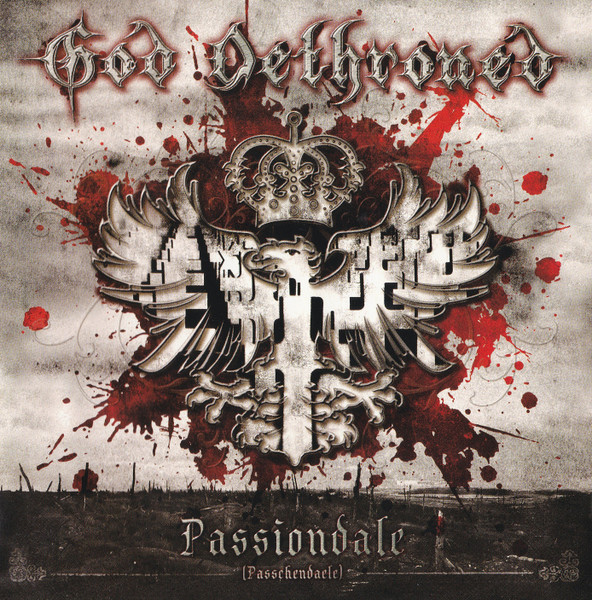
WWI has recently experienced a surge in popularity as an extreme metal theme, with bands like 1914 and Kanonenfieber basing their entire brands around the era. But before either of these bands had formed, God Dethroned had already written several albums detailing the horrors of the First World War.
After gradually moving away from the clichéd Satanic themes in their first four albums, exploring various historical themes in albums five through seven, God Dethroned dedicated their eighth album to just one historical era: the Great War. Passiondale explores the myriad new developments in weapons technology that emerged during this period, covering each in gory detail and rapid-fire riffage. The best track on the album has to be “Poison Fog” about what else but the invention of mustard gas, which was subsequently banned as a war crime in the Geneva Convention of 1925. Brutal.
God Dethroned released two more WWI-themed albums after Passiondale, and while I enjoy both, none compare to their first venture into the trenches.
Rotting Christ – Κατά τον δαίμονα εαυτού
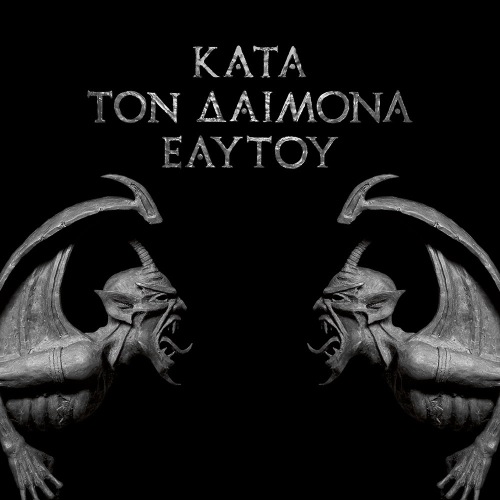
Although I’ve made fun of this album’s cover before for being a little too minimalistic for my taste, the album itself is anything but, containing soaring riffs, choral chants, and lyrics in at least five languages (don’t ask me how good Sakis’s pronunciation is).
Rotting Christ’s first records in the early 90s never impressed me that much, doing little to distinguish themselves from the rest of the second-wave black metal that was coming out around the same time. They’re serviceable, just not extraordinary. The band started to develop their own unique style with their fourth album, A Dead Poem, in 1994, incorporating more melodic and gothic elements. Continuing to develop this sound over the years (although regrettably not as much in the lyrical department other than running them through Google Translate), I believe they reached their peak in 2013 with Κατά τον δαίμονα εαυτού. Their follow-ups are still worthy efforts, sounding similar to this in all the best ways. But it seems like now that the Tolis brothers have discovered what works they’re not as willing to experiment.
The Black Dahlia Murder – Nightbringers
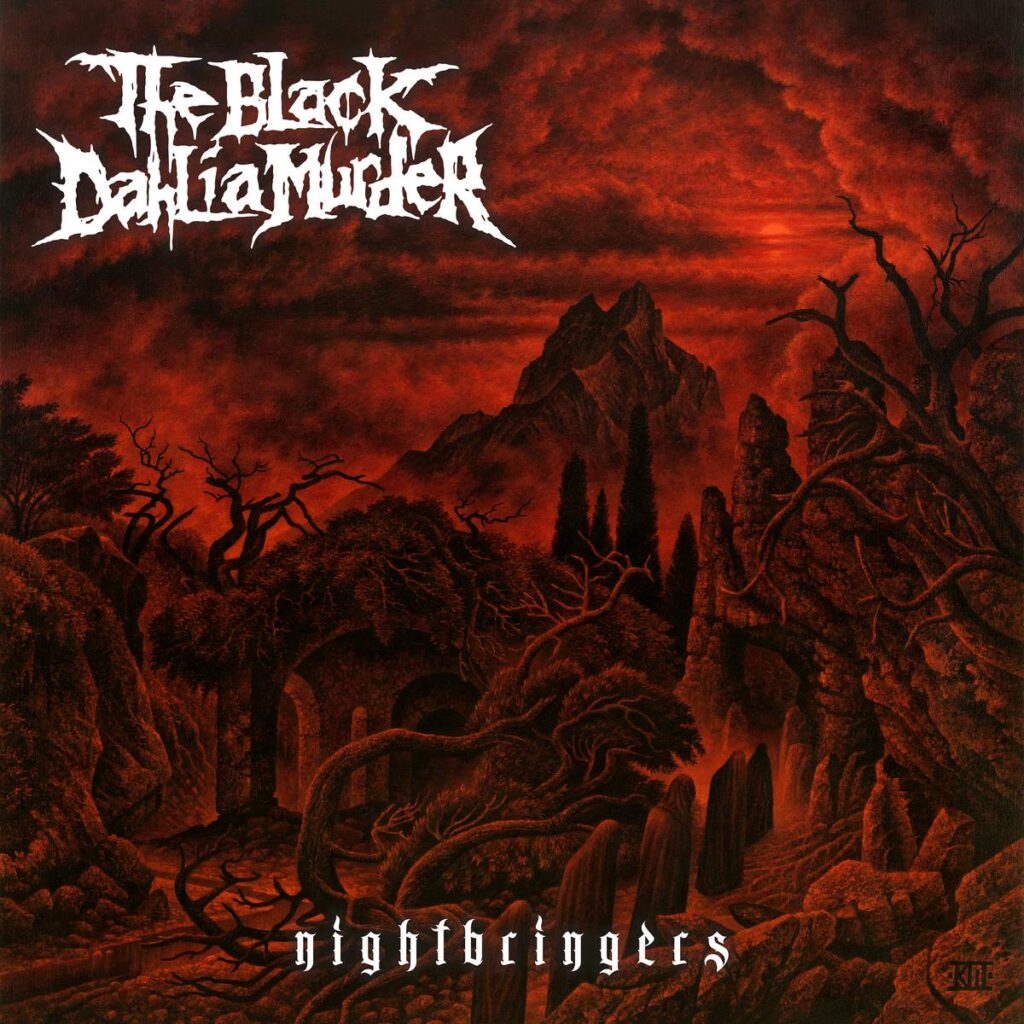
Although TBDM has had a consistent output for two decades now, I’d venture to say it’s a little too consistent, with most songs and albums more or less sounding the same to me. However, upon breaking a long TBDM hiatus I was surprised to find that nearly all of my favorite songs by them were on the same album, Nightbringers.
The reason I broke my TBDM fast with Nightbringers was simple: I remembered Trevor’s vocals had surprised me when I listened to it upon release as somehow even raspier and more aggressive than previous albums. His rapid-fire vocal hook on the second track “Of God and Serpent, of Spectre and Snake” especially stuck with me, and it held up when I recently listened to it again.
As I continued to listen, I realized the intro riff to the title track “Nightbringers” was actually on this album, when I could have sworn it was one of their older records. Then I kept having the same surprise with practically every subsequent track.
Be’lakor – Vessels
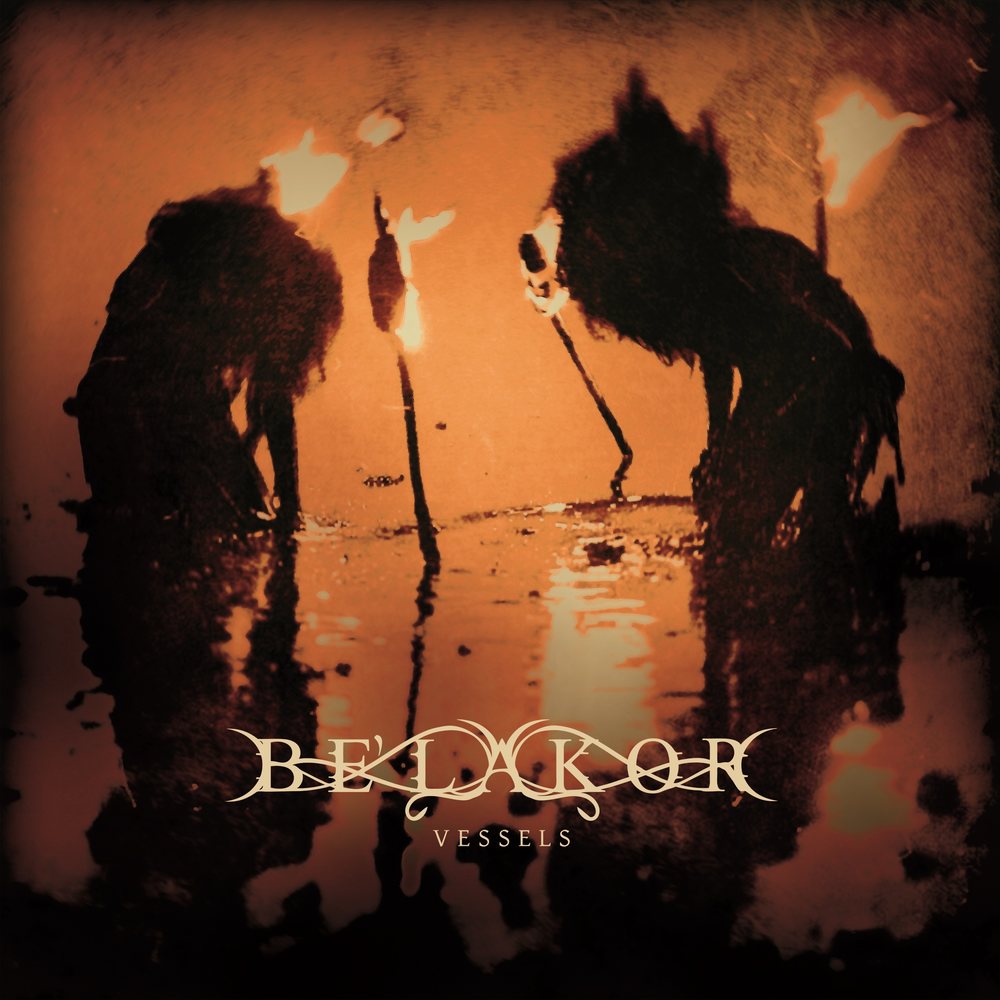
Although their 2012 album Of Breath and Bone seems to have the edge as the fan favorite, I personally find myself usually going back to Be’lakor’s 2016 follow-up, Vessels. Both albums (well, all of Be’lakor’s albums) have some sweet, progressive melodeath riffage. However, I personally feel Be’lakor began to nail down their own unique sound in Vessels, whereas their previous releases sound a little too derivative of their Swedish influences at times.
But aside from the sound change as a whole, Vessels really wins the prize for one riff alone: the one on “Withering Strands” at 1:05. Especially when they play it up the octave at 1:21. That shit is the best!
Draconian – A Rose for the Apocalypse
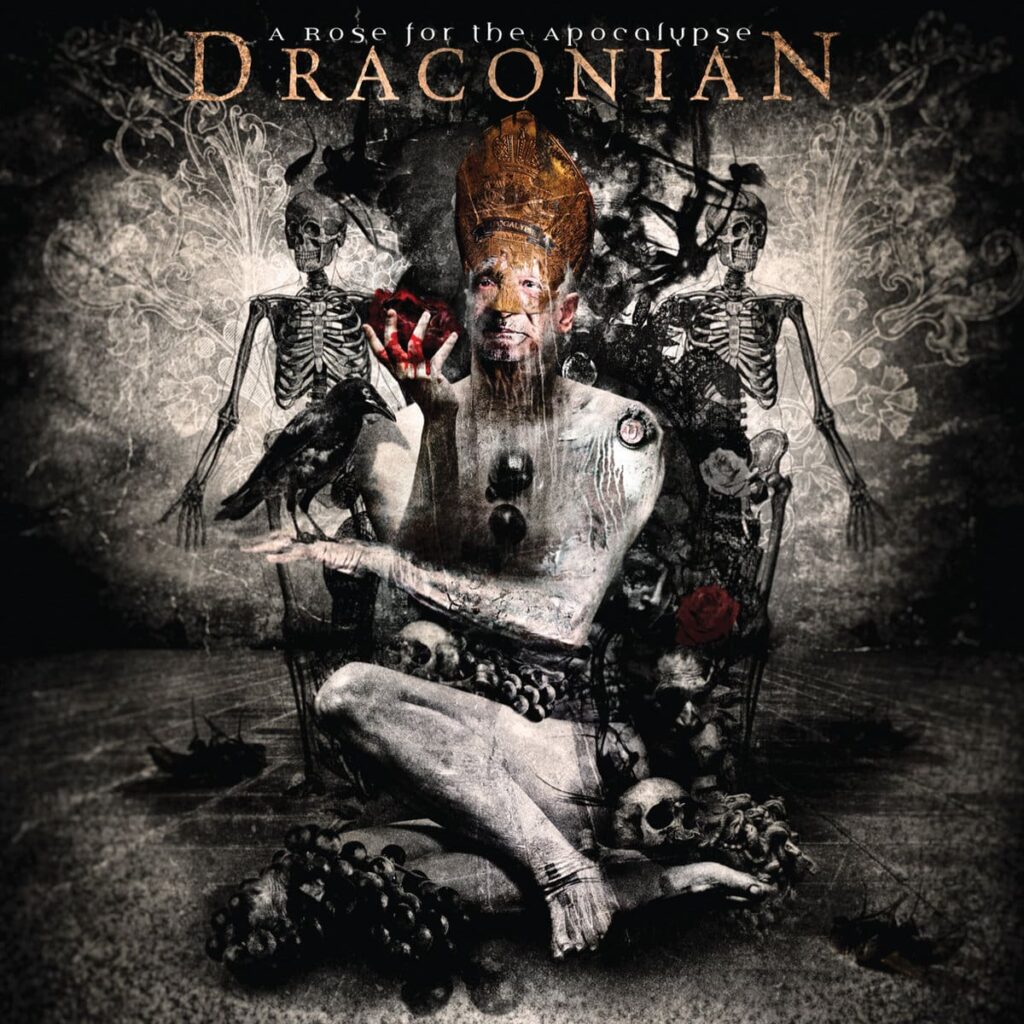
I don’t even have a good explanation for why this album always tends to be my go-to versus Draconian’s other work. Their whole discography is great. The songs on this album just stick with me and feel even more depressing.
Doom:VS – Dead Words Speak
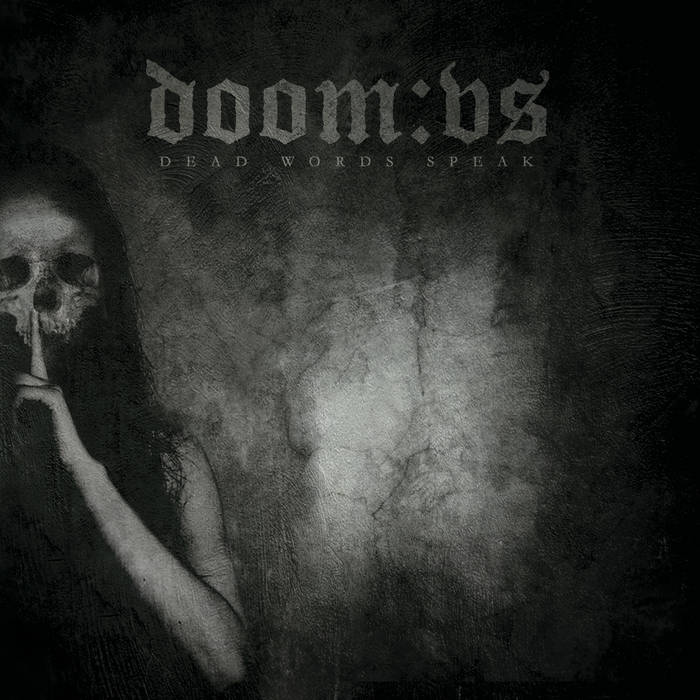
Not only has Johan Ericson produced two phenomenal discographies with two different bands, he managed to make an album that still blew the rest out of the water in both bands as well. The Draconian lead guitarist’s solo project Doom:VS may have only released three albums, but each is a fifty-minute long drudge through the deepest pits of despair…in the best possible way.
What I find especially surprising about this album making the list is how Doom:VS’s follow-up, Earthless, features Thomas Jensen of Saturnus on lead vocals. Although I love me some Saturnus, and Earthless is an excellent album, it still doesn’t outshine Dead Words Speak. I guess since I prefer Doom:VS to Draconian, it stands to reason that Johan is at his best when he works alone.
Ozzy Osbourne – Black Rain
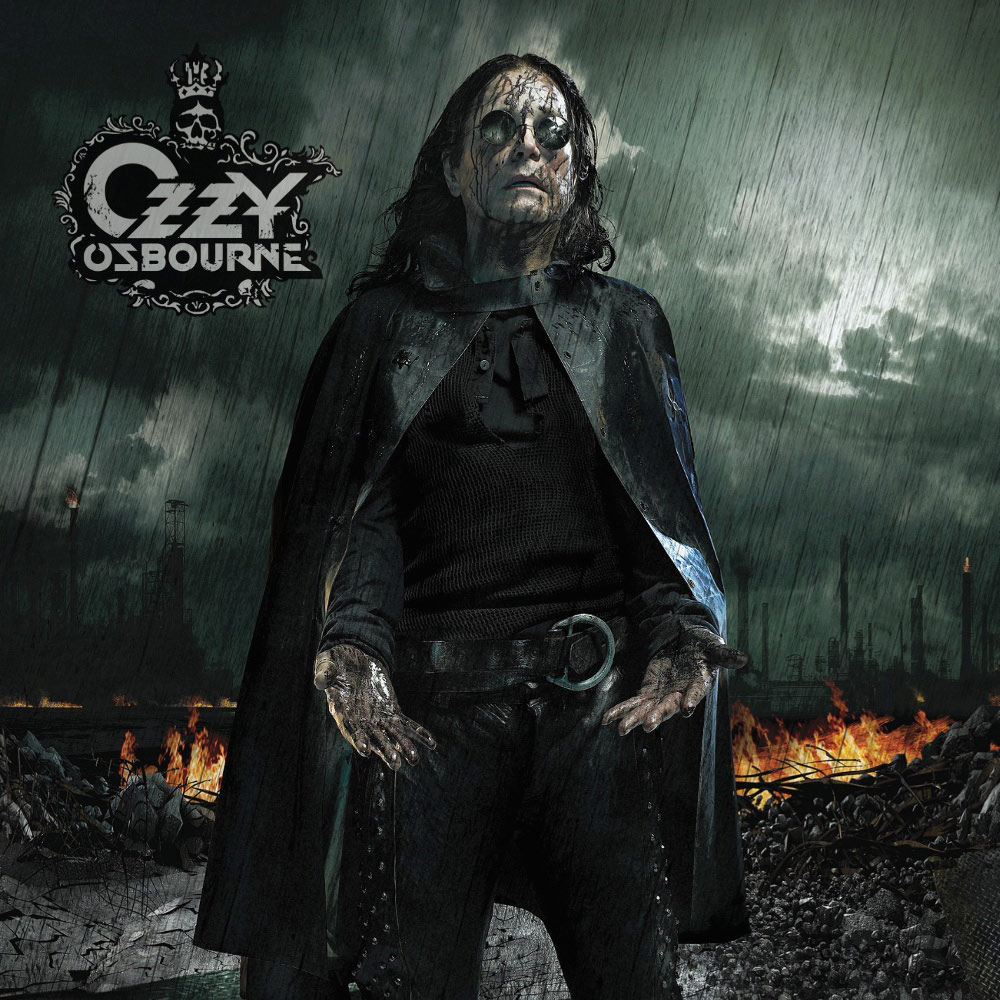
What?! Not Blizzard of Ozz? Not Diary of a Madman? Bark at the Moon?
Nope.
While I have tremendous respect for the beginning of Ozzy’s solo career, and I understand why those records tend to be the fan favorites (as is usually the case with legacy acts), 2007’s Black Rain is simply better. I could only tell you the hit tracks from Ozzy’s 80’s albums, but I have practically all the lyrics of Black Rain memorized front to back.
I won’t claim this is a flawless record. Did we really need one, let alone two, sappy ballads? No. Is Sharon a massive wench for treating the musicians on this record like replaceable stooges? Yes. Could Ozzy really sing like that? No. Did Ozzy even write any of the music itself? Please.
But whoever did write these lyrics needs a raise (although Sharon probably fired him/her instead with no royalties). Sure, lyrics about the occult, werewolves, and, er, trains are cool, but Ozzy gets into some hot-button issues on Black Rain that he seldom addressed in his early work: “Black Rain” criticizes wars that had already been going too long even in 2007. “The Almighty Dollar” covers corporate greed and how easily we screw each other for money (how that made it past Sharon is beyond me). “Nightmare” is about being used in an abusive relationship.
Oh wait, I guess Sharon must have caught that last one because it’s only available as a B-side on the limited deluxe edition of the album. There’s no way the lyricist got any royalties for this.
Honorable Mention: The Devil Wears Prada – Zombie EP
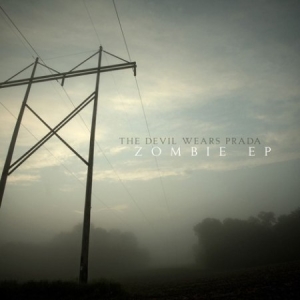
This one gets an honorable mention not because it is an EP, but because I haven’t checked out most of TDWP’s material since 2011’s Dead Throne. In fact, this 2010 record’s shorter run time isn’t even a handicap, since their faster, more aggressive sound change more than makes up for it.
If I had to pick a favorite TDWP full-length album (of the one’s I’ve heard) I’d pick Dead Throne as it picks up where Zombie left off, sound-wise. However, Zombie has the edge for its memorable clean vocal hooks (“Find your post, find your shelter!” ah crap, they’re coming!) and samples of chainsaws and “news” broadcasts covering the outbreak of the “virus” (“the only known way to kill them is to destroy the brain,” so cool!).
Also, Zombie wins bonus irony points: the band was inspired to write this EP after reading the book The Zombie Survival Guide, yet couldn’t be bothered to read The Devil Wears Prada before naming their band after it, assuming it was an anti-materialist message. They later learned the book was not about that at all, but didn’t want to change their name.
One Reply to “7 Albums That Overshadow Everything Else the Band Has Released”